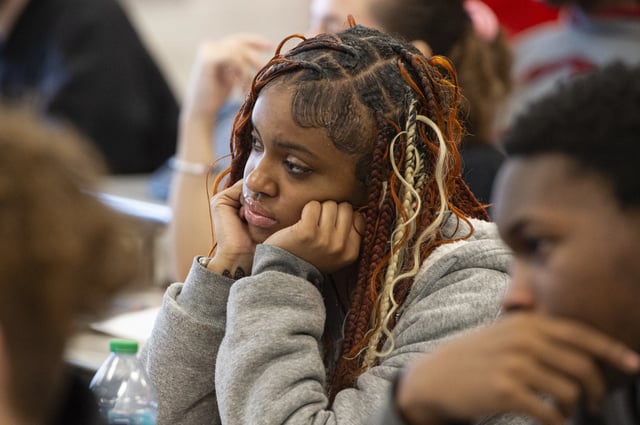Overview
- Nearly 80% of American teenagers fail to meet the recommended 8-10 hours of sleep, with significant impacts on mental health and academic performance.
- Excessive nighttime use of smartphones and other devices is a key factor delaying sleep and disrupting natural routines, according to experts.
- Sleep-deprived teens are at higher risk for dangerous behaviors such as drowsy driving, which contributes to more accidents than driving under the influence of alcohol.
- Adopting tech-free bedtime routines—such as putting away screens an hour before bed and establishing consistent sleep schedules—can significantly improve sleep quality.
- Educating teens on the benefits of adequate sleep, including improved mood, academic success, and athletic performance, is crucial for motivating behavioral changes.


